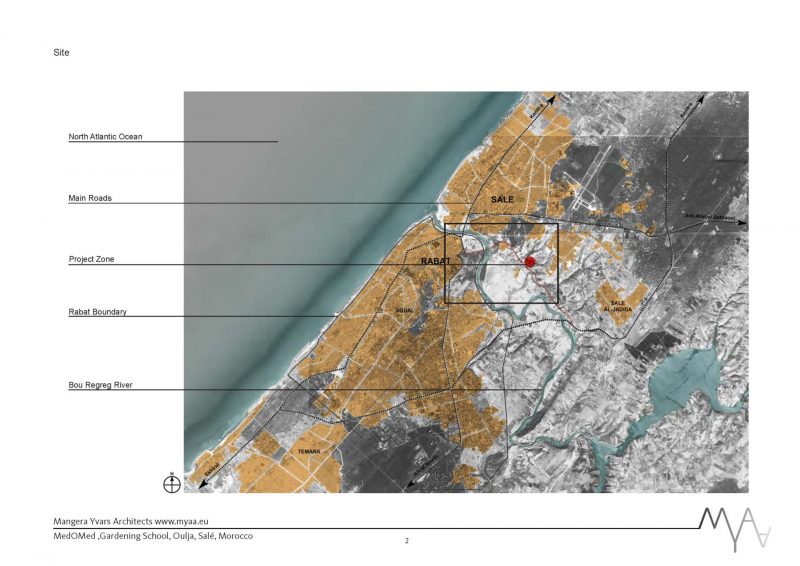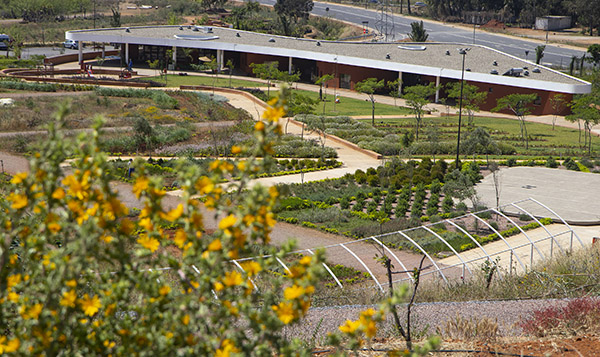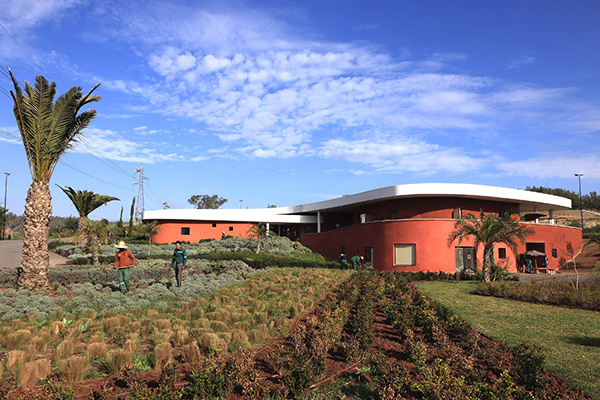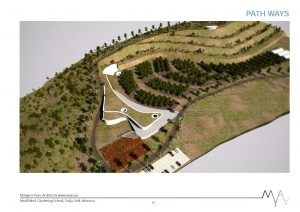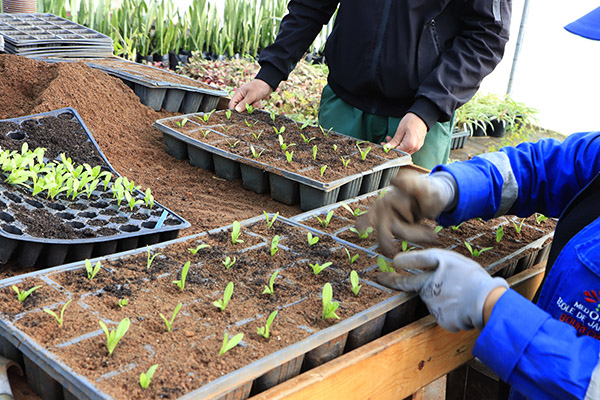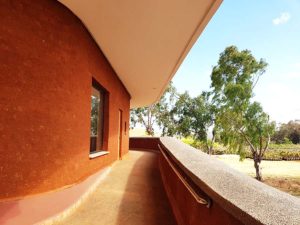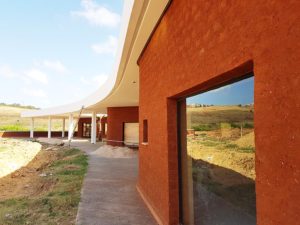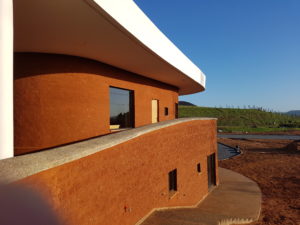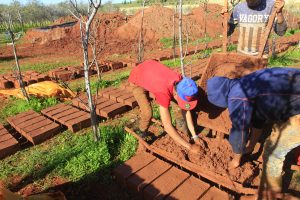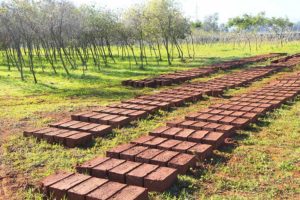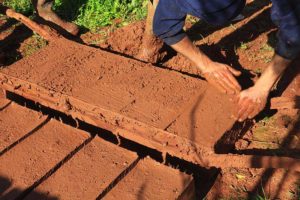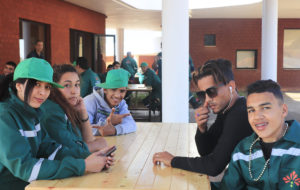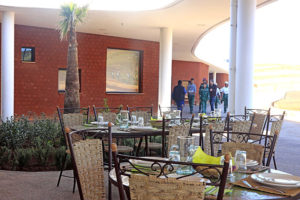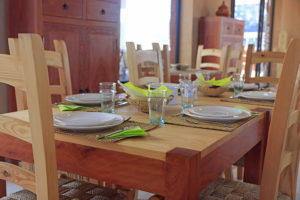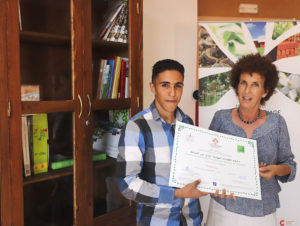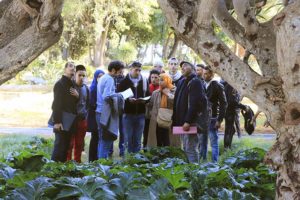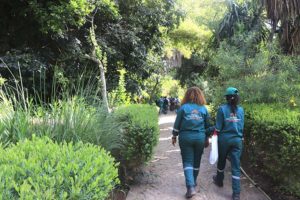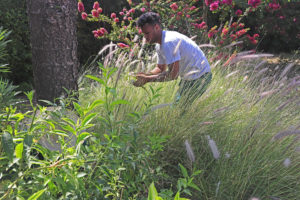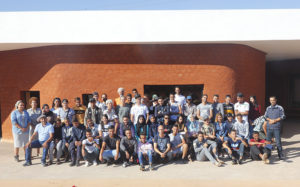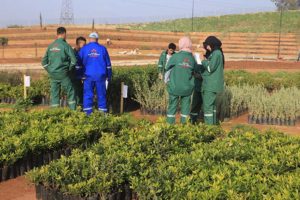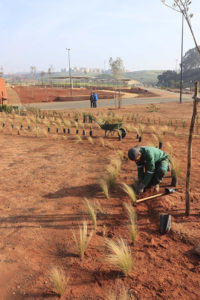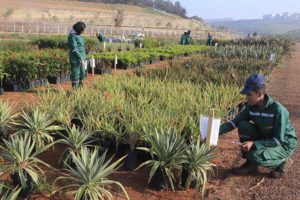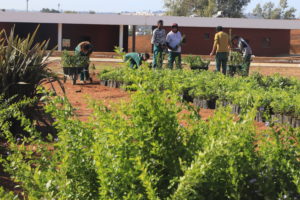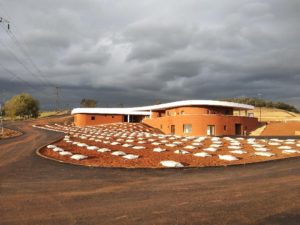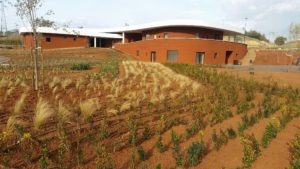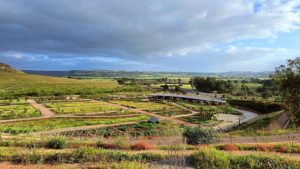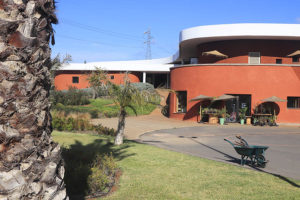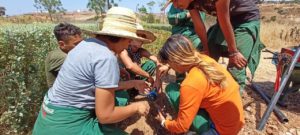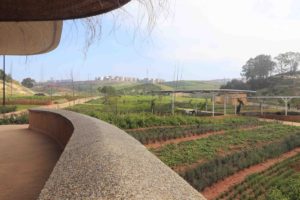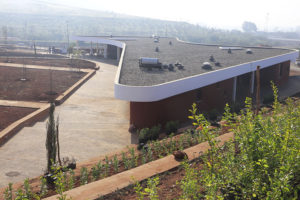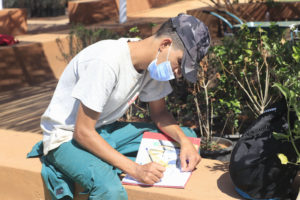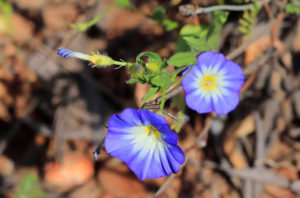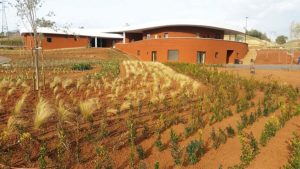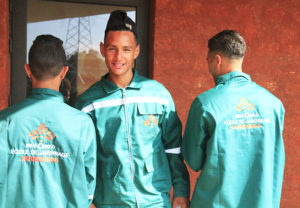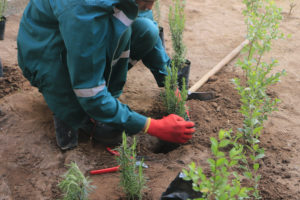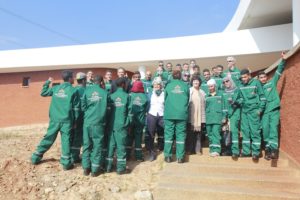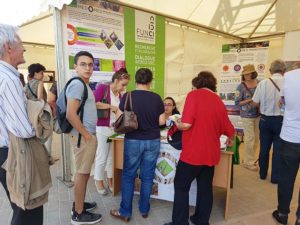School of Gardening, Salé, Morocco
Presentation
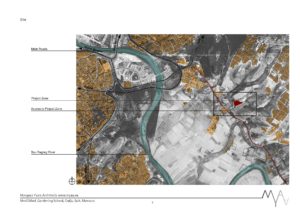 The Bouregreg Med-O-Med – Bouregreg Garden School is located on the banks of the Bouregreg river, within the urban agglomeration of Salé, an area that has become a major recipient of rural depopulation. Training and employment opportunities, especially for young people and women, are almost non-existent, with high rates of unemployment and marginalisation. The few urban green spaces in Rabat-Salé also coincide with the lack of specific training.
The Bouregreg Med-O-Med – Bouregreg Garden School is located on the banks of the Bouregreg river, within the urban agglomeration of Salé, an area that has become a major recipient of rural depopulation. Training and employment opportunities, especially for young people and women, are almost non-existent, with high rates of unemployment and marginalisation. The few urban green spaces in Rabat-Salé also coincide with the lack of specific training.
The Islamic Culture Foundation (FUNCI), through the Med-O-Med programme, has set up the “Bouregreg Med-O-Med Gardening School” in the city of Salé, Morocco.
 The Bouregreg Med-O-Med – Bouregreg Garden School is located on the banks of the Bouregreg river, within the urban agglomeration of Salé, an area that has become a major recipient of rural depopulation. Training and employment opportunities, especially for young people and women, are almost non-existent, with high rates of unemployment and marginalisation. The few urban green spaces in Rabat-Salé also coincide with the lack of specific training.
The Bouregreg Med-O-Med – Bouregreg Garden School is located on the banks of the Bouregreg river, within the urban agglomeration of Salé, an area that has become a major recipient of rural depopulation. Training and employment opportunities, especially for young people and women, are almost non-existent, with high rates of unemployment and marginalisation. The few urban green spaces in Rabat-Salé also coincide with the lack of specific training.The creation of a training school for gardening on the banks of the Bouregreg river as it flows through both cities, which combines a training cycle with a production nursery, links the economic rights of young people and women at risk of social exclusion with the right to a healthy and sustainable environment.
Sustainability and regeneration
This pioneering project focuses on applying the experience accumulated in Spain in gardening training to consolidate a new profession in the Moroccan labour market. With the support of Spanish specialists from the University of Seville, the project aims to train local teachers and promote inclusive and sustainable and regenerating economic development, emphasising the role of public spaces as places for meeting and coexistence.
In short, it is a project with a high social and environmental value, which also seeks sustainability through job creation and the management of an environmentally beneficial source of income. The project has been carried out on the land adjacent to the old Oujla landfill, rehabilitated by the AAVB, and is equipped with a bioclimatic building with a unique design, a production nursery, a garden centre for the sale of plants and various cultural and tourist facilities.
The project, launched in 2018 by FUNCI in partnership with the Agence pour l’Aménagement de la Vallée du Bouregreg (AAVB), is supported and funded by the Ministère de l’Inclusion Economique, de la Petite Entreprise, de l’Emploi et des Compétences (MIEPEEC), département de la Formation Professionnelle du Maroc, the INDH (Initiative Nationale pour Développement Humain), the Entraide Nationale du Maroc, the Conseil Régional de Rabat-Salé-Kenitra, the Drosos Foundation, the Agencia Española de Cooperación Internacional para el Desarrollo (AECID), the Ambassade de France au Maroc, the Fondation Luciole – Institut de France, the Fondazione Charlemagne, the Universidad de Sevilla and the Université Internationale de Rabat.
It is also supported by the Spanish company Alsa Maroc.
The architectural project was conceived by the MYAA office, in collaboration with the architect Hakim Jaafri, while the landscape design is the work of Mikel García de Eulate and the Soilestudio office.
Process
Since the agreement was signed in 2014 between the AAVB (Agence pour l’Aménagement de la Vallée du Bouregreg) and FUNCI for the creation of a “Med-O-Med – Bouregreg Gardening School” in the city of Salé, things have moved on considerably. The school opened its doors in the 2018-2019 academic year.
Moreover, the landscaping intervention on the eight hectares of the former Oulja landfill site is gradually progressing, to become a large production nursery and a place for trainees’ training and awareness-raising and leisure activities for the public. In fact, the trainees have already planted a large part of the landscaped area, which is equipped with around 120 botanical species, and created two agro-ecology gardens.
The rest of the park is being used for public awareness activities, including workshops for children and adults, school visits, as well as meetings and conferences. But the main focus is on the production nursery specialising in ornamental and food plants, and above all in plants native and endemic to Morocco, which are in increasing demand.
At the same time, and within the framework of the economic sustainability of the project, this space has become an attractive cultural park open to the public, offering the sale of plants and products related to organic farming, as well as a café-restaurant and shows in the open-air amphitheatre.
The training and job training programme, which is at the heart of this social project aimed at groups at risk of social exclusion, is run by Professor Alberto Juan y Seva of the University of Seville, through an agreement signed between FUNCI and the University.
The qualification of this non-formal training school, destined to become a reference in Morocco not only for its social, but also environmental and touristic character, will be recognised by the MIEPEEC.
The complete equipment has been provided by the INDH.

